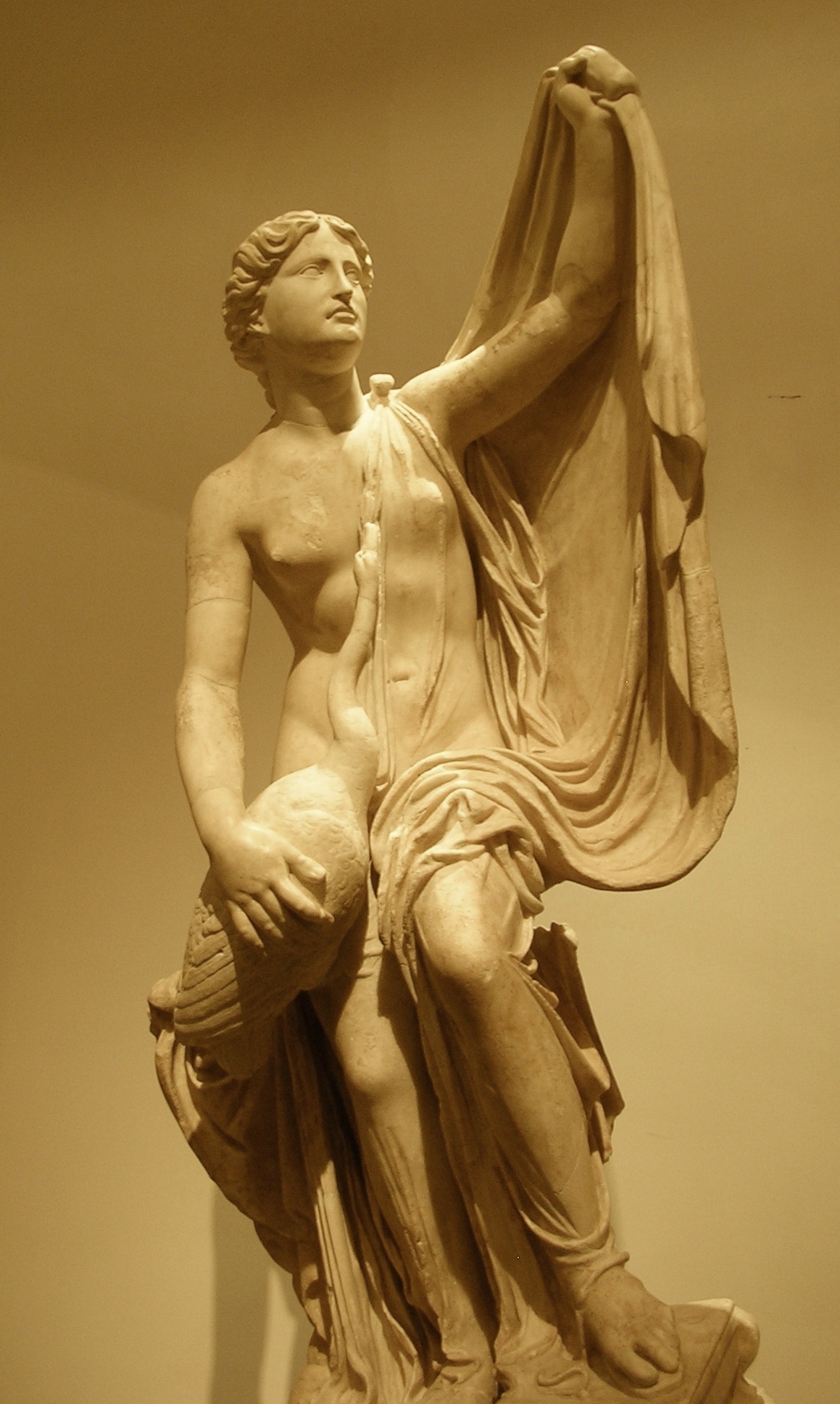

Calvin (and others') arguments against relics were based on the horse-laugh - count up all the splinters of the Cross, and you get - much more than a Cross. Calvin's argument is that "it is a very rare thing" to be able to exercise dulia (adoration) without giving way to latria (God-worship). While we grant that this is the case, we maintain that it is also a very rare thing for someone to avoid God-worship directed at some materiality in any case, even if properly instructed (presumably, in a Reformed Church). We may further claim that it might be less rare, if church members received instruction in an initiate, wise, and regulated manner concerning proper forms of Christian worship towards things which are "not-God"; this would include one's spouse ("with my body, I thee worship"), the emperor (Love God, Honor the king), & other instances from Scripture expressly derived. So, the maximal case for keeping worship of God "pure" would involve measured instruction in latria/dulia (of a different kind than that exercised by the Roman Church during its heyday), rather than no instruction at all, or a forbidding of it. For instance, what Southern Baptist is not "religious" about his particular copy of the Bible, possibly "in the family"? What Presbyterian is so Reformed that he would consent to voluntarily desecrate an image of John Calvin by throwing it on a junk heap, albeit hung in a poorly painted frame? A bigger problem is the wearing of titles and taking of names - many nominally Protestant people would be far better off in a more Catholic Church, because they receive their religion with their ethnicity and family, or simply (worse) because this Church is "nice" and has a coffee-house attached to the Mega-facility. As Millinerd states it, what is worse than losing the knowledge of God in a gilded temple? Losing the knowledge of God in an old-drive through that was re-modeled to be an apostolic "temple". At least with relics, architecture, and icons, there is a record of the glory that was lost. It is not just a "pick your poison" dilemma - men definitely (when zealous or serious, something which is unavoidable if Christianity means anything) practice latria and dulia as a matter of course, and teaching them to only give it to God doesn't seem to prevent insidious forms of it from developing. So the real question is, which is worse? Open confusion that is marked (over-venerating an icon) or subtle confusion which one isn't aware of (eg., thinking the SBC has a monopoly on the truth because of its pedigree, arguably a form of latria)? I think I know which is "worse".
Here is the Catholic tradition:
"… the mystic potency emanating from the person or thing that is sacred. These words have in themselves no ethical meaning and no humane implications whatever. They are the keywords of a religious technique and their content is wholly supernatural. In a practical way the second word [virtus] is the more important. It describes the uncanny, mysterious power emanating from the supernatural and affecting the natural. The manifestation of this power may be thought of as a contact between the natural and the supernatural in which the former, being an inferior reality, of course yielded. These points of contact and yielding are the miracles we continually hear of. The quality of sacredness and the mystic potency belong to spirits, in varying degrees to the faithful, and to inanimate objects. They are possessed by spirits, acquired by the faithful, and transmitted to objects..."
How is this any different than the pronounced supernaturalism of the Old Testament?

Thanks very much for this one. Please see my blog, www.failedhermit.blogspot.com for some more thoughts on the potency of things.
ReplyDeleteKen Craven
I will do so. Let's keep thinking about it.
ReplyDeleteAre you Orthodox?
ReplyDeleteByzantine (Greek) Ukrainian Catholic Church, in communion with Rome but Orthodox in liturgy and culture. Second largest catholic church in the world. Smallest church in Tennessee!
ReplyDeleteWere you born into this Church or did you convert at some point?
ReplyDelete